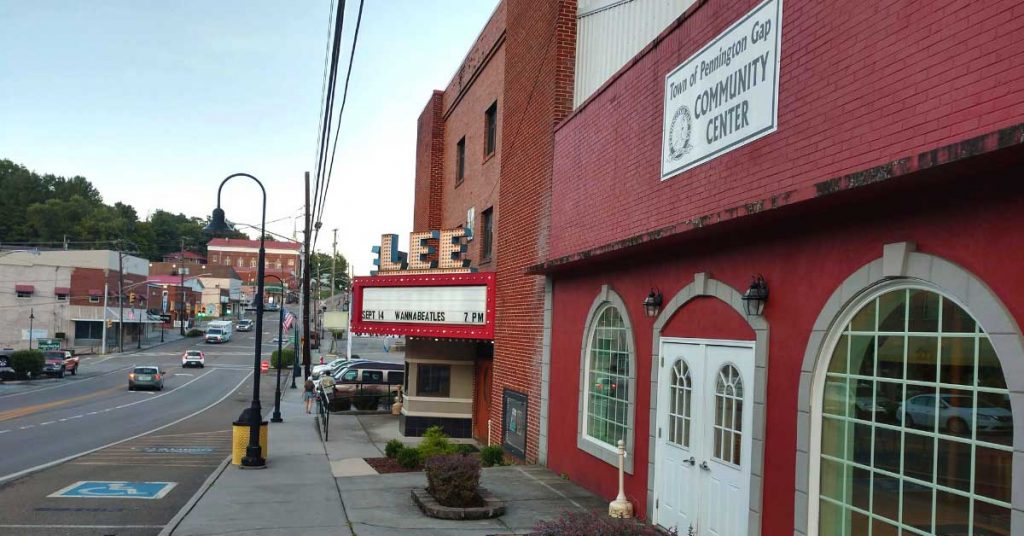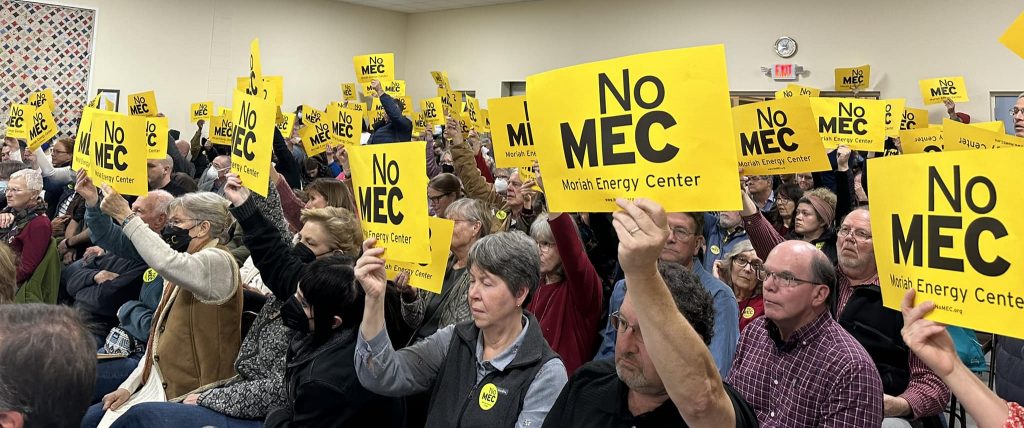Alabama environmental groups are asking power companies and politicians in the state to follow the lead of surrounding states and excavate coal ash from vulnerable locations and move it to lined landfills or recycle the ash into concrete.
More than 117 million tons of coal ash lies in unlined pits along waterways at nine sites across Alabama. Coal ash, the waste byproduct of coal-fired power plants, contains high concentrations of heavy metals, which are leaking from these sites into ground and surface water. In total, these nine sites constitute more than 60 violations of U.S. Environmental Protection Agency groundwater standards, with contaminants such as arsenic, mercury, radium and others polluting local ecosystems that provide drinking water and wildlife habitat.
The environmental groups report that less than 1 percent of Alabama ash is being removed, with major utility companies planning to use the “cap-in-place” method at unlined coal ash sites. This method, where the water from coal ash ponds is removed and then the remaining ash is covered with a synthetic liner, continues to contribute to toxic pollution because there is no barrier between the waste and the ground and groundwater, as observed at Alabama Power’s Plant Gadsden site. Several Alabama environmental groups are calling for residents to write to their legislators to ask for the safe excavation of coal ash into lined landfills away from water sources.
This July, Alabama Power began holding public meetings surrounding the safe disposal of coal ash and continued to face public pressure and criticism.
Michael Sznajderman of Alabama Power told the Shelby County Reporter that the utility company has stopped using coal ash ponds at all their plants and has transitioned to recycling most ash produced using a dry ash handling system. The company is still opting to cap their existing ash ponds, claiming it is the most efficient, timely, and cost effective solution.
Others, like Keith Johnston of the Southern Environmental Law Center, disagree and instead support the relocation of the ash.
“It’s a question of do they want to do it, and do they want to spend money to do it, and Alabama Power is choosing not to,” he told the Shelby County Reporter.
Coosa Riverkeeper’s Steven Dudley told ABC 3340 he felt there was a lack of publicity surrounding the meetings and was disappointed that there was no opportunity for the community to participate virtually amidst the pandemic. — By Emerson Wells
Related Articles
Latest News

Leave a comment
Your email address will not be published. Required fields are marked *




